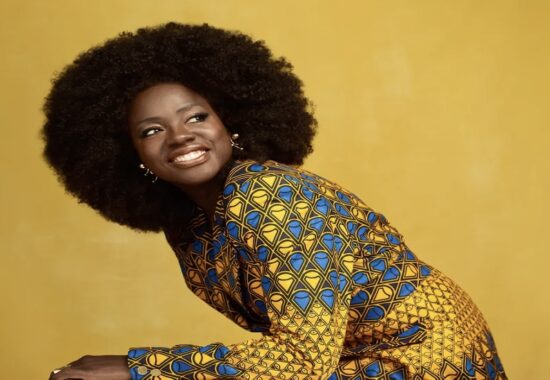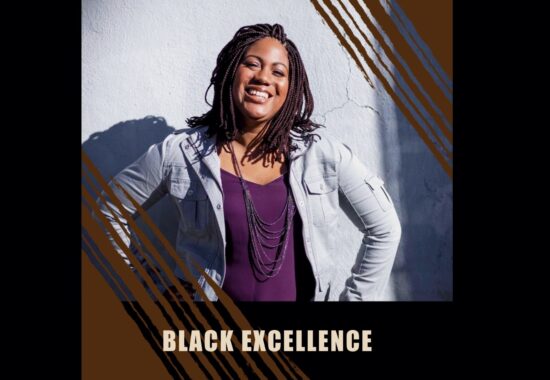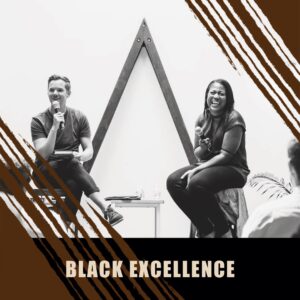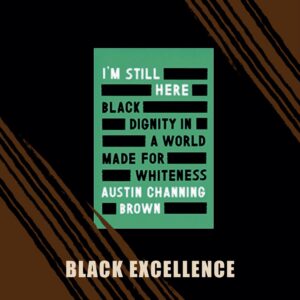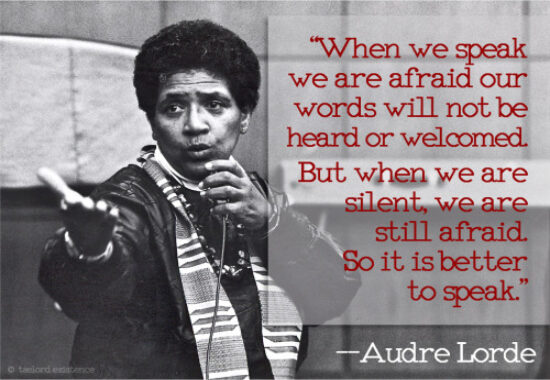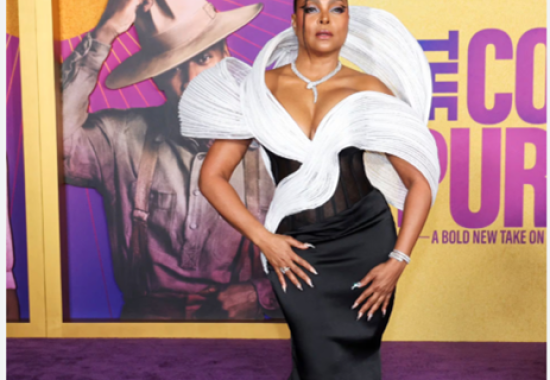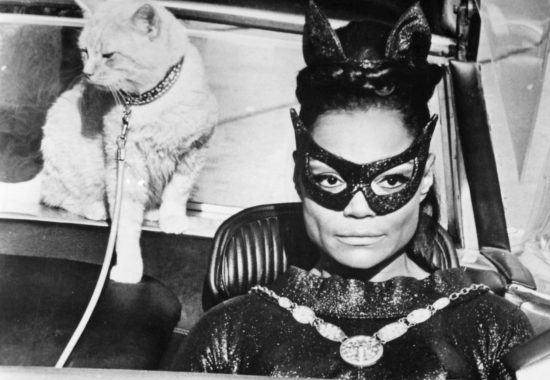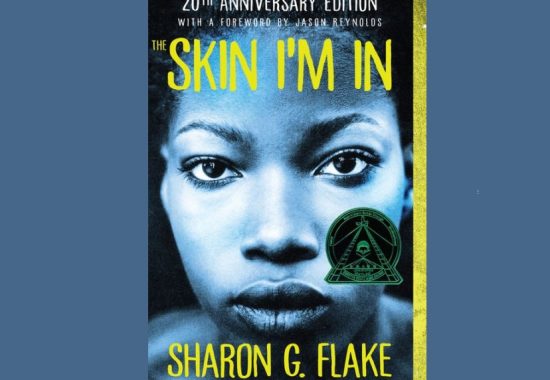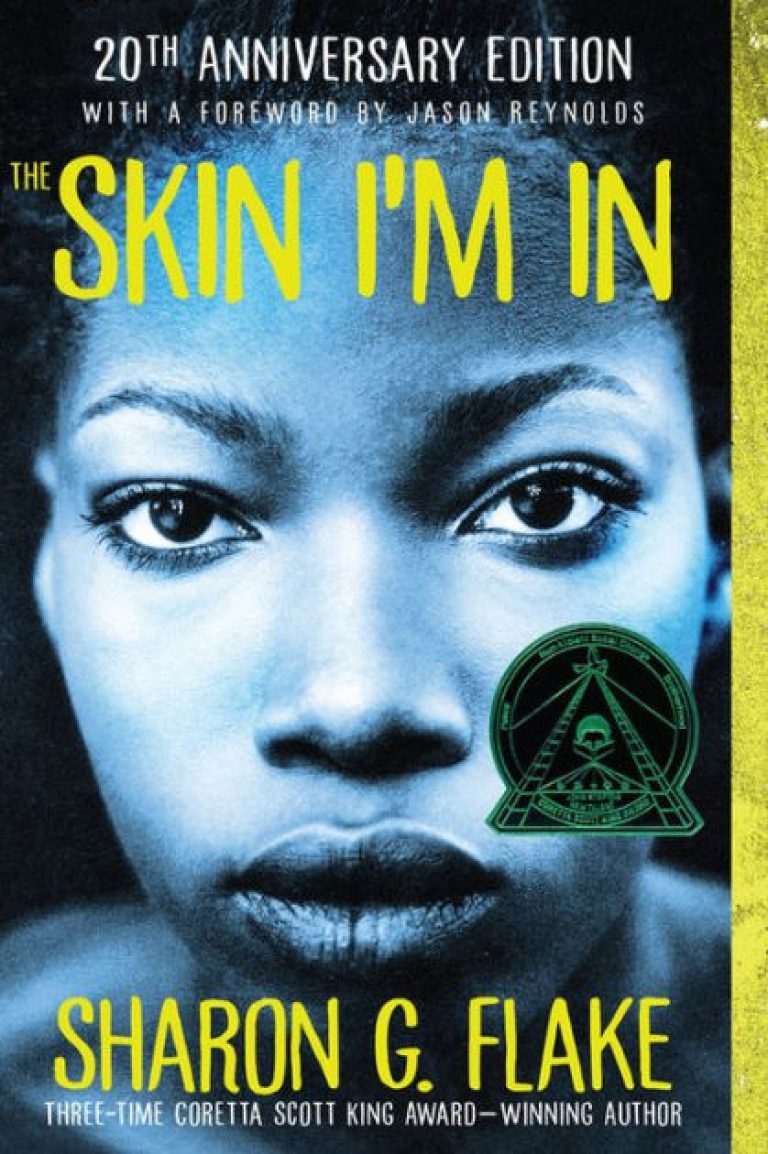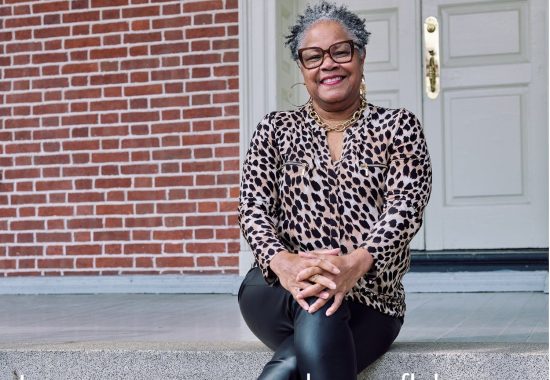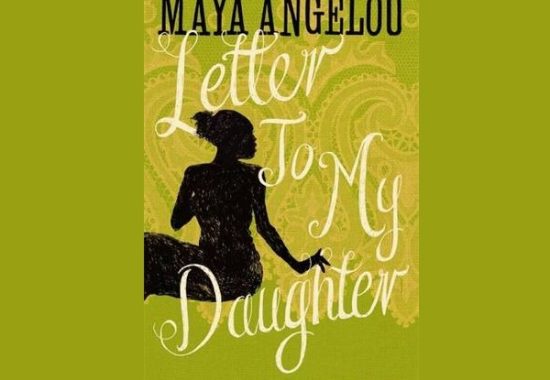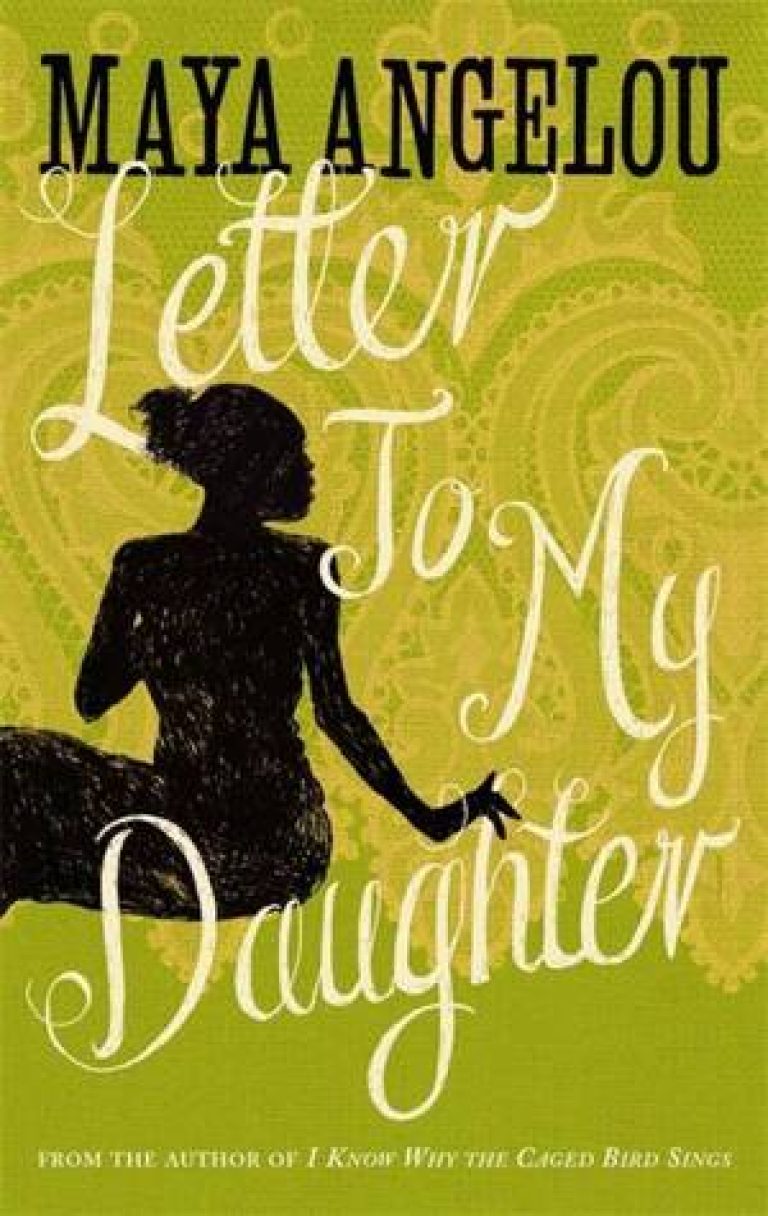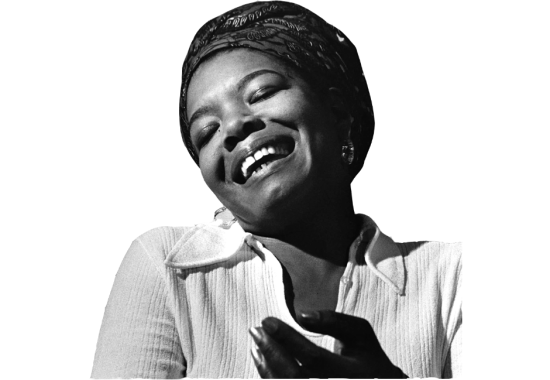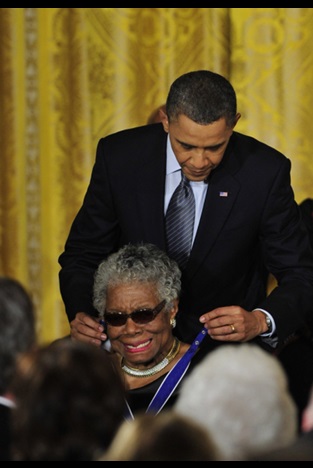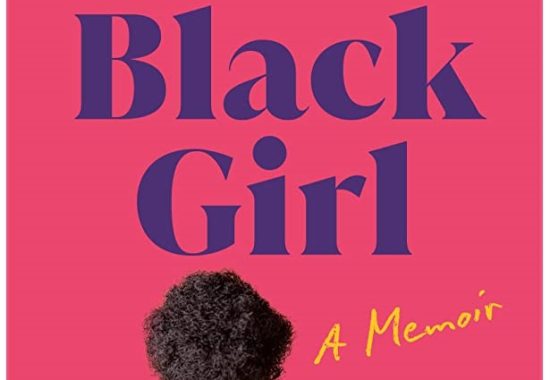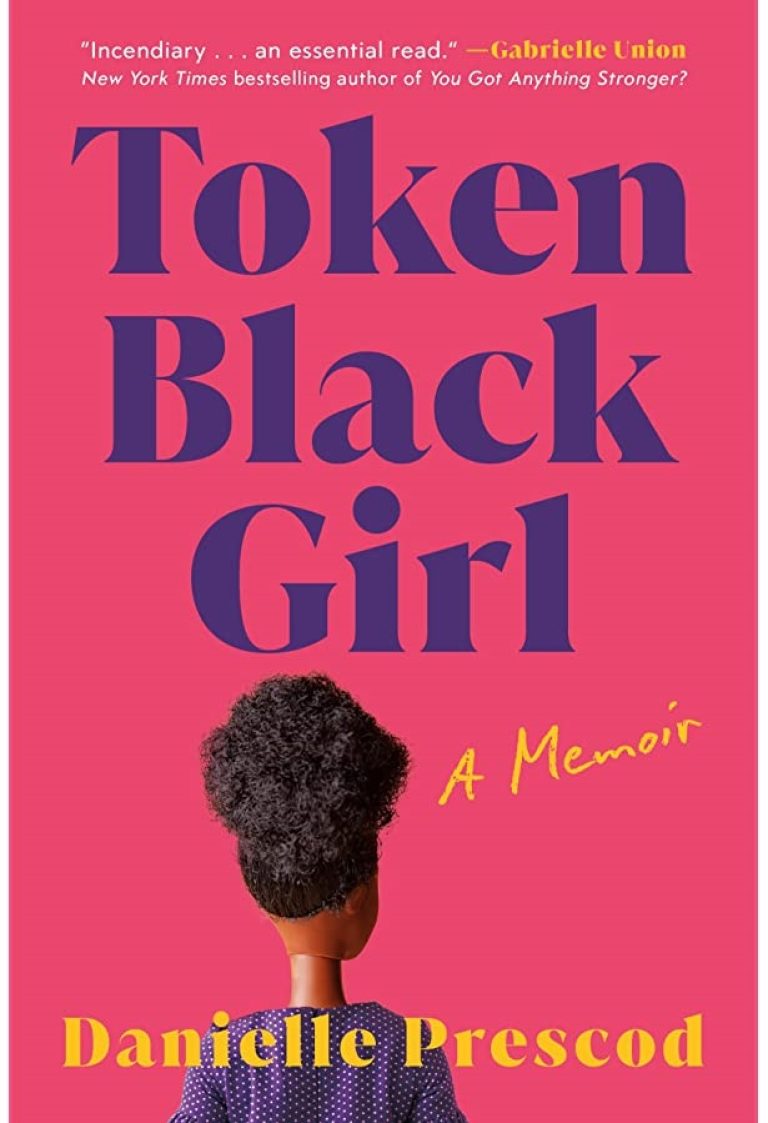By Becca Howe, TRJ Parent
Viola Davis is a highly acclaimed American actress known for her powerful performances on stage and screen. She was born on August 11, 1965, in St. Matthews, South Carolina.
She is known for her impactful roles in movies like “Doubt” in 2008, “The Help” in 2011, “Fences” in 2016, and “Windows” in 2018. She is also a trailblazer in the entertainment industry for being vocal about addressing issues related to racism, gender inequality and representation in Hollywood. Davis has used her platform to emphasize the importance of telling stories from historically ignored, erased or tokenized communities. She has highlighted the importance of creating opportunities for actors and filmmakers from marginalized communities to share their stories and be seen on screen. She is an outspoken supporter of the Black Lives Matter Movement and the need to end police brutality. She is a strong supporter of arts education programs, and believes in the transformative power of the arts.
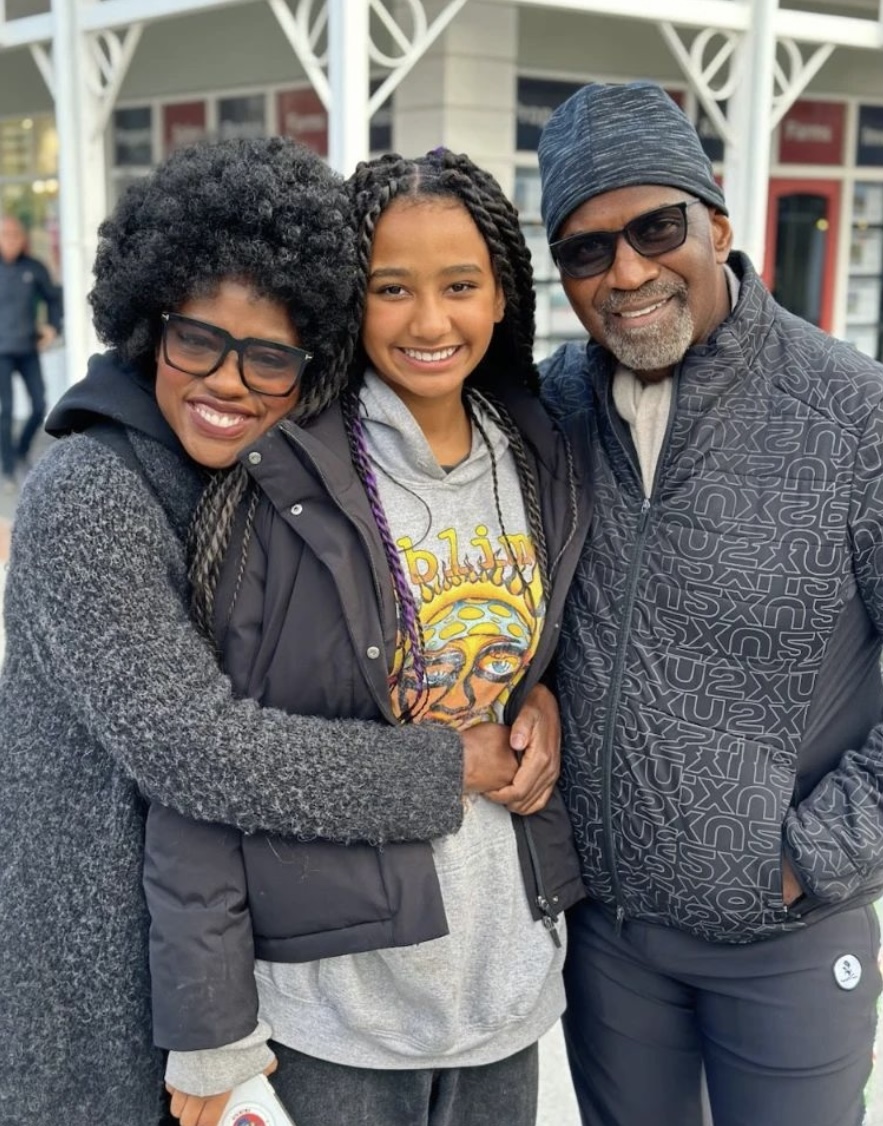 Viola Davis and her husband, Julius Tennon, adopted her daughter, Genesis Tennon, in 2011, and has been open about her experiences as a mother and the joys and challenges of parenthood.
Viola Davis and her husband, Julius Tennon, adopted her daughter, Genesis Tennon, in 2011, and has been open about her experiences as a mother and the joys and challenges of parenthood.
Davis has spoken about the significance of raising Genesis with a deep understanding of her heritage and roots, acknowledging the importance of cultural pride and self-acceptance.
She wrote the book, “Corduroy Takes a Bow,” a picture book illustrated by Jody Wheeler. The story follows Corduroy the bear and his friends as they find the excitement, magic and friendship in theater.
Learn more:
Viola Davis: “My Entire Life Has Been a Protest”
Photo Credits:
Viola Davis
Dario Calmese

